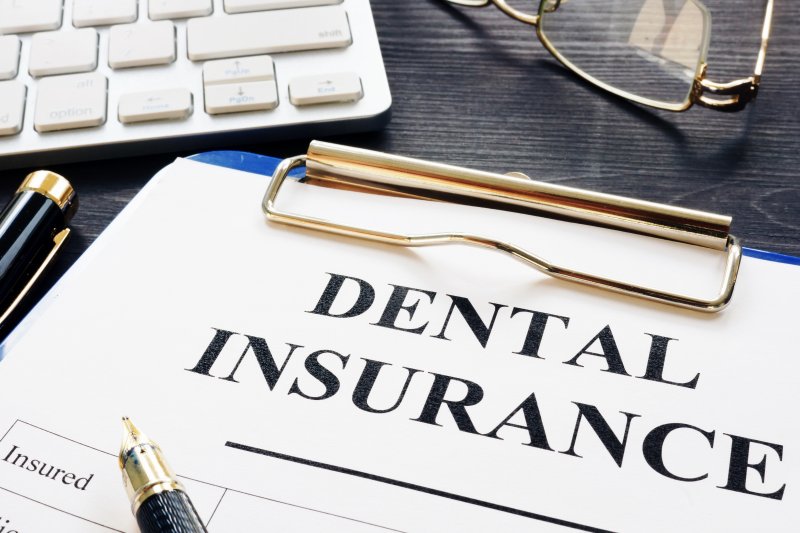
Dental insurance is an important monthly investment because it can help you save when it comes to your oral healthcare. By taking care of your dental health, you are contributing to the well-being of your entire body. However, dental insurance doesn’t work the same way that medical insurance does, so it can seem confusing to navigate at first. Here are some tips to help you maximize your dental insurance benefits.
Use Preventive Coverage
If you aren’t seeing your dentist for routine cleanings and checkups, you aren’t even close to maximizing your insurance benefits. When you attend these regular appointments, you can prevent the development of dental issues. Your hygienist will thoroughly clean your smile, and your dentist will ensure that you don’t have existing oral health issues that need to be addressed. If you pick up on small problems now, you may be able to avoid costly, more invasive procedures in the future. For instance, if your dentist treats a cavity with a filling now, you might be able to avoid root canal therapy or an extraction in the future.
Prevent Medical Conditions
Your dental health and overall health go hand-in-hand. People who have gum disease are more likely to suffer from a variety of other conditions, some being life-threatening, like heart disease, diabetes, respiratory issues, and pregnancy complications. By seeing your dentist for cleanings and checkups, you can prevent gum infections and overall health issues that will require lots of time and money to treat.
Pick an In-Network Dental Provider
If you have a PPO plan, this gives you the ability to choose any dentist you’d like, even if they aren’t on your list of “in-network” dentists. However, by choosing an in-network dentist, you will likely benefit from increased coverage of your dental treatments, therefore resulting in lower out-of-pocket costs.
Use Your Flexible Spending Dollars
If you have a flexible spending account (FSA) through your employer, you should use these dollars before the year comes to an end because all of your funds may not carry over. Most of the time, dental expenses are eligible FSA healthcare expenses. FSAs reduce your taxable income by putting aside money for healthcare. When you use tax-free dollars to pay for your dental treatment, you can ultimately save money.
Review Your Benefits
The end of the year will be here before you know it, so now is a great time to look over your dental benefits again. By knowing exactly what is covered under your plan and when it will reset, you will be able to better maximize your dental insurance coverage. For most plans, the benefits reset at the end of the calendar year. This means that you will be responsible for paying your deductible again on January 1st. Any remaining benefits will not carry over to 2022.
If it has been a while since you’ve been to the dental office, now is the perfect opportunity. If you don’t understand how your plan works, talk to your dental team. This way, you can get the information you need to keep your smile and wallet in good shape.
About the Author
Dr. Steven Rodriguez is an experienced dentist who has been working in the field for nearly 30 years. He earned his dental doctorate from the University of Michigan and is committed to continuing education to keep his knowledge and skills sharp. For more information on dental insurance or to schedule an appointment at his office in Flint, visit his website or call (810) 720-6433.
